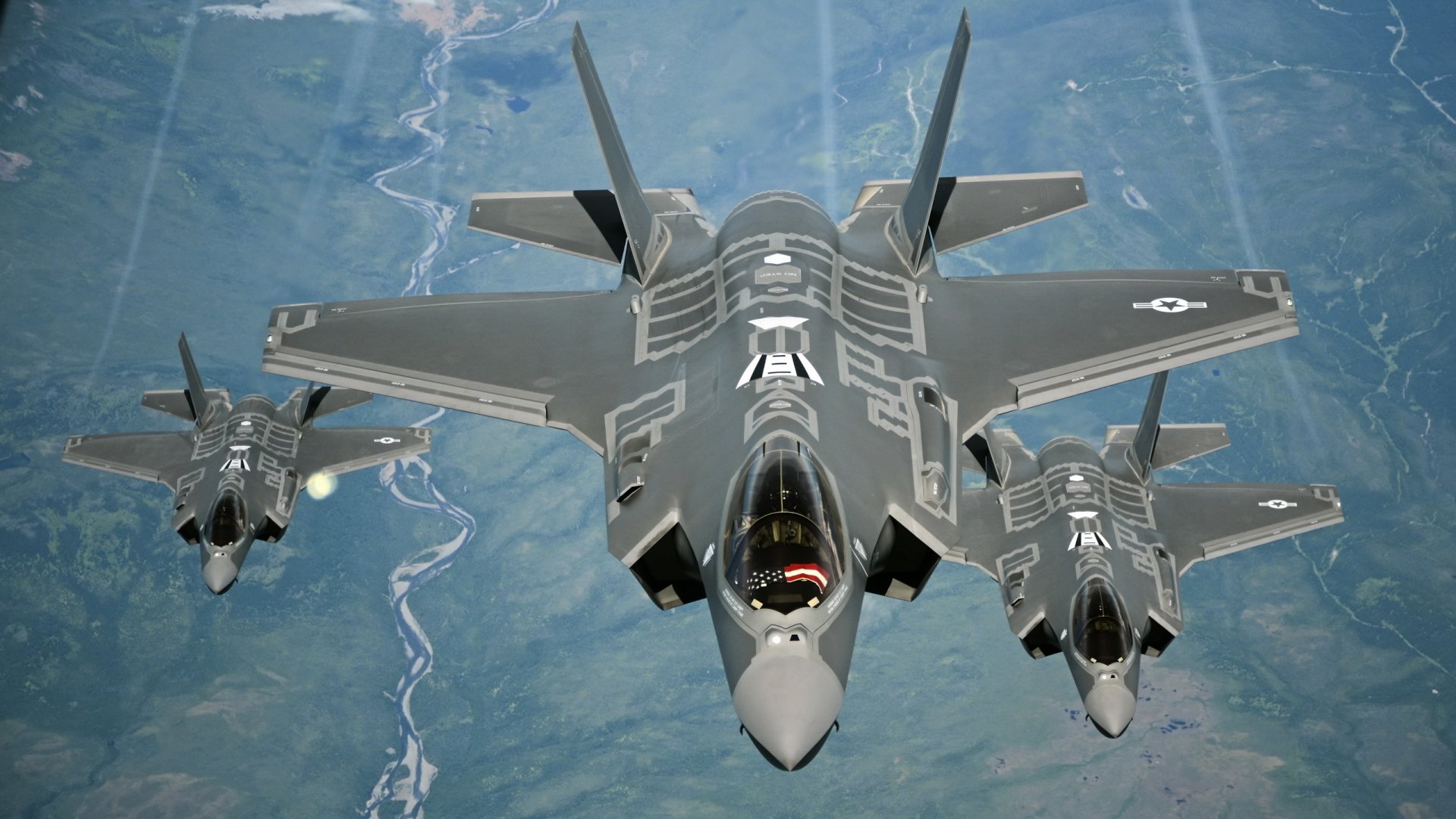Kessel Run is looking for talent who can help the Air Force tackle its most vexing software issues, including the global Air Operations Center Weapon System and the F-35 Lightning II’s Autonomous Logistics Information System, or ALIS.
The Kessel Run Experimentation Lab is building off of success in a workspace in North Boston, moving downtown where they’ve taken over an entire floor of a shared workspace. The move is part of an expansion, and includes hiring authority for approximately 50 civilian employees, who will be hired on-the-spot during a Jan. 23-24 event.
“The Air Force is seeing, and I think we’re one of the ones showing them, how important it is to create and sustain your own software,” said Adam Furtado, Kessel Run’s lab director. “As with many small companies, our goal now is to hire the right people, expand our pipeline, and continue supporting the Air Force’s software needs.”

Furtado says Kessel Run will continue to revamp AOC software, while expanding to meet the needs of other major Air Force weapons systems like the Joint Strike Fighter. The F-35, which is the most technologically advanced aircraft ever fielded, houses software with millions of lines of code, providing warfighters and maintainers with visibility of the battlespace and onboard aircraft systems.
To date, Kessel Run has delivered approximately 12 completed applications to the AOC, which are in use in combat daily and during exercises where the Air Force plans strategic responses to global scenarios. It has expended nearly $140 million since mid-2017, pulling funding from existing programs. With that investment, KREL has setup shared workspaces for 280 military, government civilian and contractors who generate and sustain applications. Air Force-led software teams have saved warfighters 1,100 man-hours per month by automating labor-intensive data entry at operations centers where combat is orchestrated.
“It’s an exciting time to come work for us,” said Furtado. “We’re offering not just the ability to work on extremely advanced systems, but something unique for government work: immediate hiring authority. If you clear all the hurdles, we can start you right away.”















